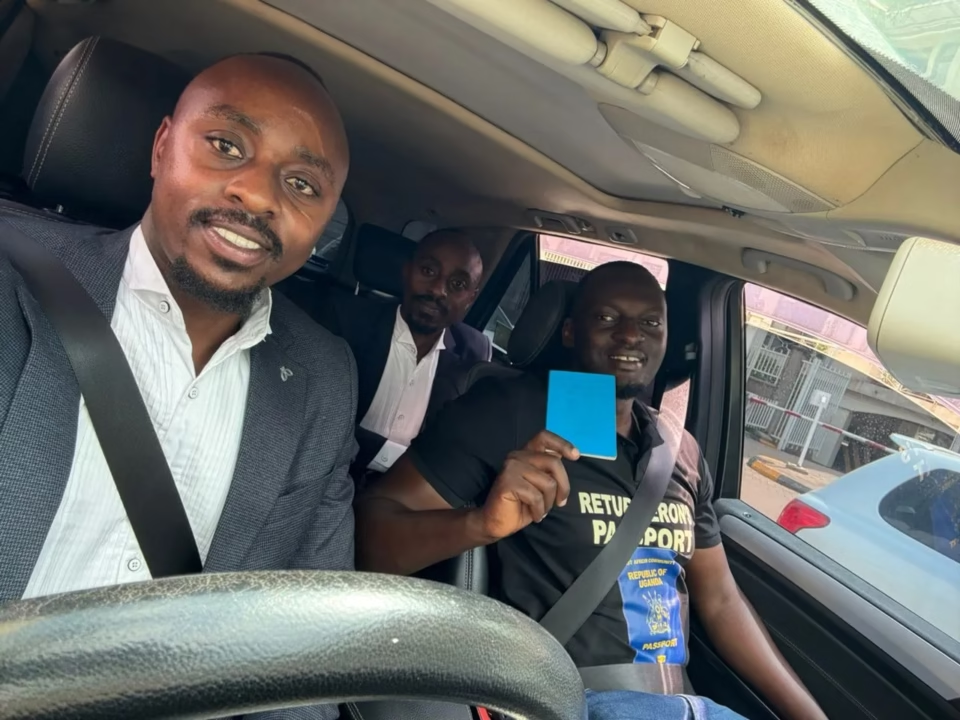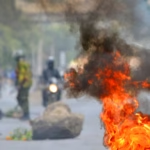For months, Eron Kiiza—a fearless voice in Uganda’s human rights arena—was trapped. Not behind bars, but behind legal walls that refused to let him move forward
After a long legal struggle, Uganda’s High Court ordered the return of Kiiza’s passport, a document that had been held by authorities since April. It may seem like a small victory, but for Kiiza, it marks the end of a painful chapter—and the beginning of much-needed healing.
“I’ve missed work, missed opportunities, missed medical treatment. I complied with everything the court asked, but I was still being punished,” Kiiza said outside the courthouse, passport finally in hand.
It all began on January 7, when Kiiza—known for defending activists and taking on powerful institutions—was arrested and thrown into military detention. For 86 days, he says he endured harsh treatment at the hands of authorities, under orders from Brig. Freeman Robert Mugabe, then-head of the now-defunct General Court Martial.
He wasn’t a soldier. He wasn’t armed. But he was tried like one.
What followed was a deeply controversial process. Kiiza was granted bail in April, but with strict conditions: a hefty cash bond, regular court check-ins—and most painfully, the surrender of his passport.
“They knew I needed that passport for urgent medical care. They knew I had international work. And still, they refused,” Kiiza said.
For two months, Kiiza filed appeals—first informally, then officially. Nothing. He watched critical trips pass him by, including one to Costa Rica, where he was set to begin treatment and attend a conference on justice reform.
On Tuesday, the court finally agreed: keeping his passport was unconstitutional. A win not just for Kiiza, but for many others who face harsh bail terms without explanation.
“This was never just about travel. It was about the right to move freely, to get care, to do my job,” he said.
To many in Uganda’s legal community, Kiiza’s ordeal is part of a bigger, more troubling pattern: using the military justice system to silence civilians.
“The message was clear,” said a Kampala-based lawyer familiar with the case. “Step out of line, speak too loudly, and we’ll remind you who holds the power.”
Even though the General Court Martial has been restructured, critics say civilian rights remain vulnerable—especially when the lines between military and civilian justice are blurred.
Despite the hardship, Kiiza remains defiant—and deeply committed to his mission.
“This passport isn’t just a travel document. It’s a symbol of freedom reclaimed. And a reminder that the law, when upheld, still has power.”
With his Costa Rica trip back on the calendar, Kiiza says he’s looking forward to rest, treatment, and reflection—but also to returning stronger, for the next battle.
“Yes, I’m tired. But I’m not done. This country needs people willing to fight for what’s right, no matter the cost.”



